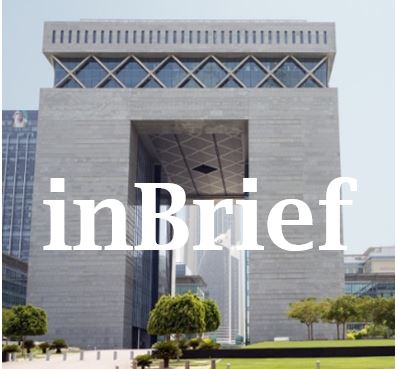DIFC Increases Scope and Fines
Afridi & Angell inBrief
September 2020
The DIFC has expanded the scope of the common reporting standards, meaning more people must make filings plus increased fines for non-compliance.
With effect from 16 August 2020, DIFC Law 6 of 2020 (the CRS Law Amendment Law) was enacted to amend the Common Reporting Standard (CRS) Law, DIFC Law 2 of 2018 (the CRS Law). This enactment follows the issuance of the new CRS Regulations, which came into effect on 30 July 2020.
Briefly, the CRS Law serves to apply CRS on the financial institutions within the DIFC (known as the ‘Reporting Financial Institutions’ in the CRS Law). CRS is a standard developed by the Organisation for Economic Cooperation and Development (OECD) by which the DIFC (and other participating jurisdictions) are required to obtain financial account information from financial institutions and automatically exchange them with the other participating jurisdictions on an annual basis. Under the CRS Law, Reporting Financial Institutions that fail to report such information shall be subject to a fine for non-compliance, ranging between USD 280 (with an additional fine per each day of non-compliance up to a limit) for a minor non-compliance and USD 70,000 for a significant non-compliance. The main purpose behind CRS is to limit tax evasion.
The CRS Law Amendment Law made the following changes to the CRS Law:
- The CRS Law now additionally applies to a Controlling Person (as defined in the CRS Law). This means that where an account with the Reporting Financial Institution is held by an entity, the natural persons exercising control over such entity are also subject to the CRS Law.
- New offences and penalties are introduced in the CRS Law. An account holder or a Controlling Person that provides inaccurate or incorrect self-certifications where he knew or ought to have known to be inaccurate or incorrect shall be fined USD 5,500. A Reporting Financial Institution that fails to obtain valid self-certifications when a new account is set up shall be fined USD 300.
The amendments to the CRS Law are aimed to elevate the compliance requirements of Reporting Financial Institutions thereby aligning DIFC’s legal and regulatory framework with international best practice. ■
Download inBrief as PDF


